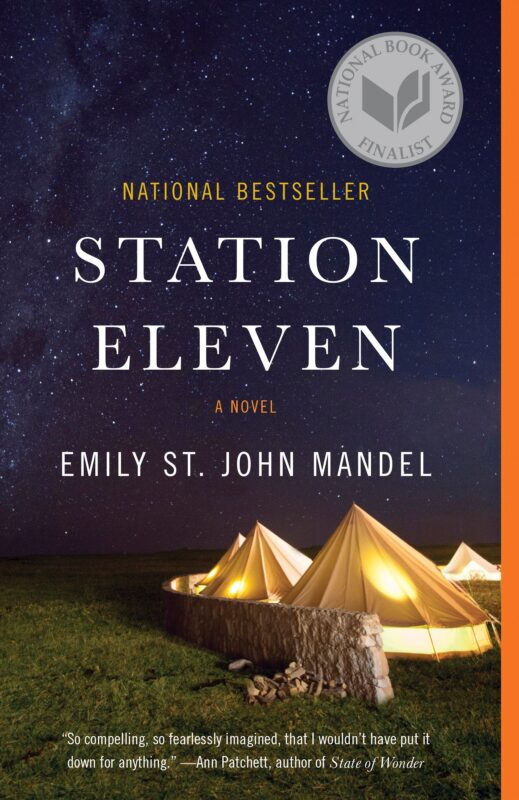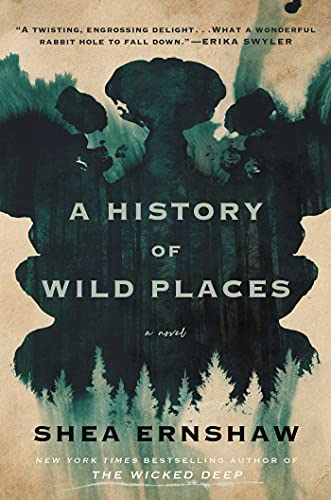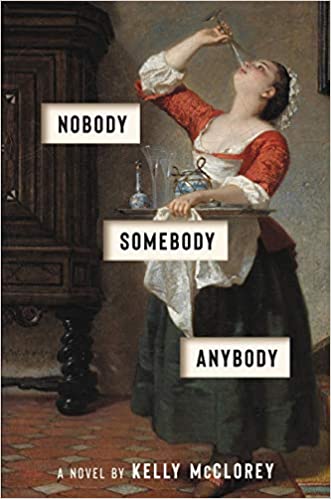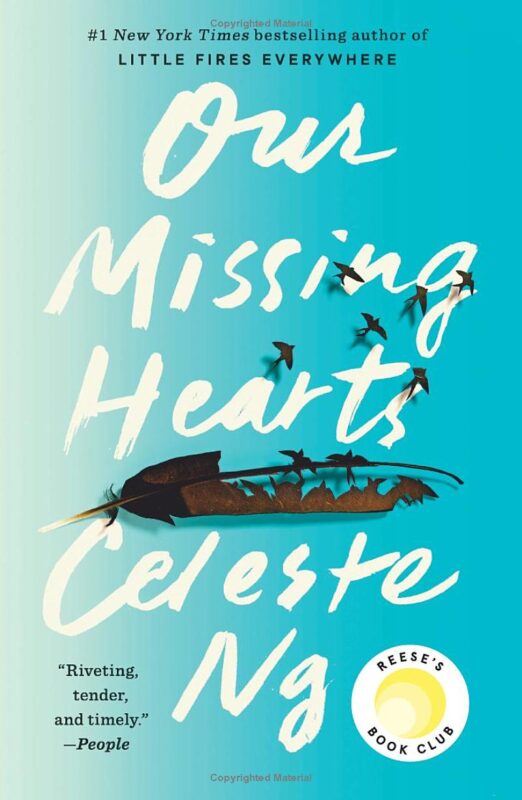Station 11
Series: Reads and Reviews, Reads and Reviews - January 2022
Genre: Contemporary Novel
Station 11 takes place in a post-pandemic world. In this case, 99.9% of humans have been killed off by a strain of the flu, and those who survive must literally claw together a new reality. Both the show and the book follow a myriad of characters, all who are connected by their relationship to a comic book called Station 11. This review is unusual in that I watched the TV show based on the novel first. Then, I proceeded to read the book afterwards.
I was absolutely mesmerized by the show. The writing was unique and creative, and it envisioned a post-pandemic world that didn't rehash the typical tropes. Instead of a world overwhelmed by constant fear, murder, and survival, there is art, there is Shakespeare, and there is a realistic outline of trauma that rises above just generic sadness.
The book and the show were so different that it actually proves difficult to compare the two. It's as though two authors were given basic plotlines, and then told to submit their version of the story. While some of the details are similar, they really are distant cousins of each other. The book includes most of the same characters, though the characters are given different circumstances and plot lines. The major emotional arc of the show - the relationship between Kristen and Jeevan - isn't present in the book at all. The book does add some richness to the story from the show, however, honestly, I think the show was the superior of the two. Maybe I would have felt differently if I had read the book first. Regardless, I think both hold merit, and I would suggest reading the book and watching the show for the richest experience.
More info →A History of Wild Places
Series: Reads and Reviews, Reads and Reviews - December 2021
Genre: Contemporary Novel
This novel starts from the perspective of Travis Wren, a man who has been hired to search for Maggie St. James. His search leads him to a reclusive commune called the pastoral.
A History of Wild Places is not about any history, instead, it's more of a contemporary dystopia. This book had a timeless quality. It could have taken place in the 1950s or the current day. The story follows the path of three characters as they become lost within the the world of a reclusive commune. Without giving away the plot, I would note that the novel really explores conceptions of reality - and how that conception can be so blurred by invasive ideas. I do wish that the author had explored some of the more details that are embedded along the way. Still, this novel was very engrossing and I was finished read it with a few days.
More info →Nobody, Somebody, Anybody
Series: Reads and Reviews, Reads and Reviews - December 2021
Genre: Contemporary Novel
Amy Hanley first appears as a regular 20 something women. A bit lonely, but exited about her plans to become a EMT and dedicated in that pursuit. Still, as the story unfolds, clues about Amy's mental well being gradually reveal a deeply depressed and isolated woman. I could throw many labels towards Amy relating to any number of afflictions - still, her story was really about unresolved and unrecognized grief. She's a frustrating and unreliable narrator, but ultimately I only felt sympathy for her circumstances. If you enjoyed Eleanor Oliphant is Completely Fine, you will definitely appreciate this story.
More info →Our Missing Hearts
Series: Reads and Reviews, Reads and Reviews - August 2023
Genre: Contemporary Novel
Tag: Recently Read






